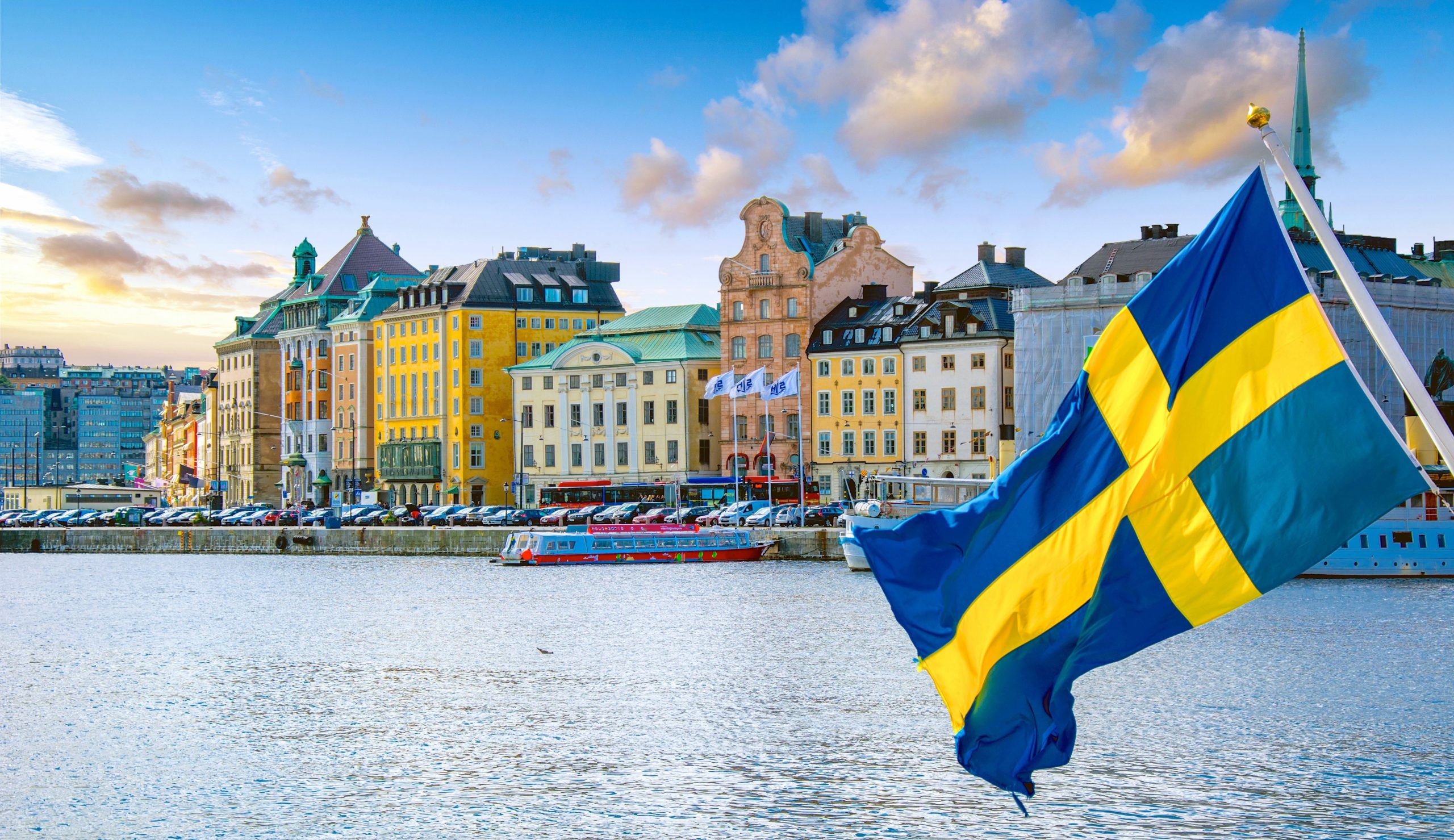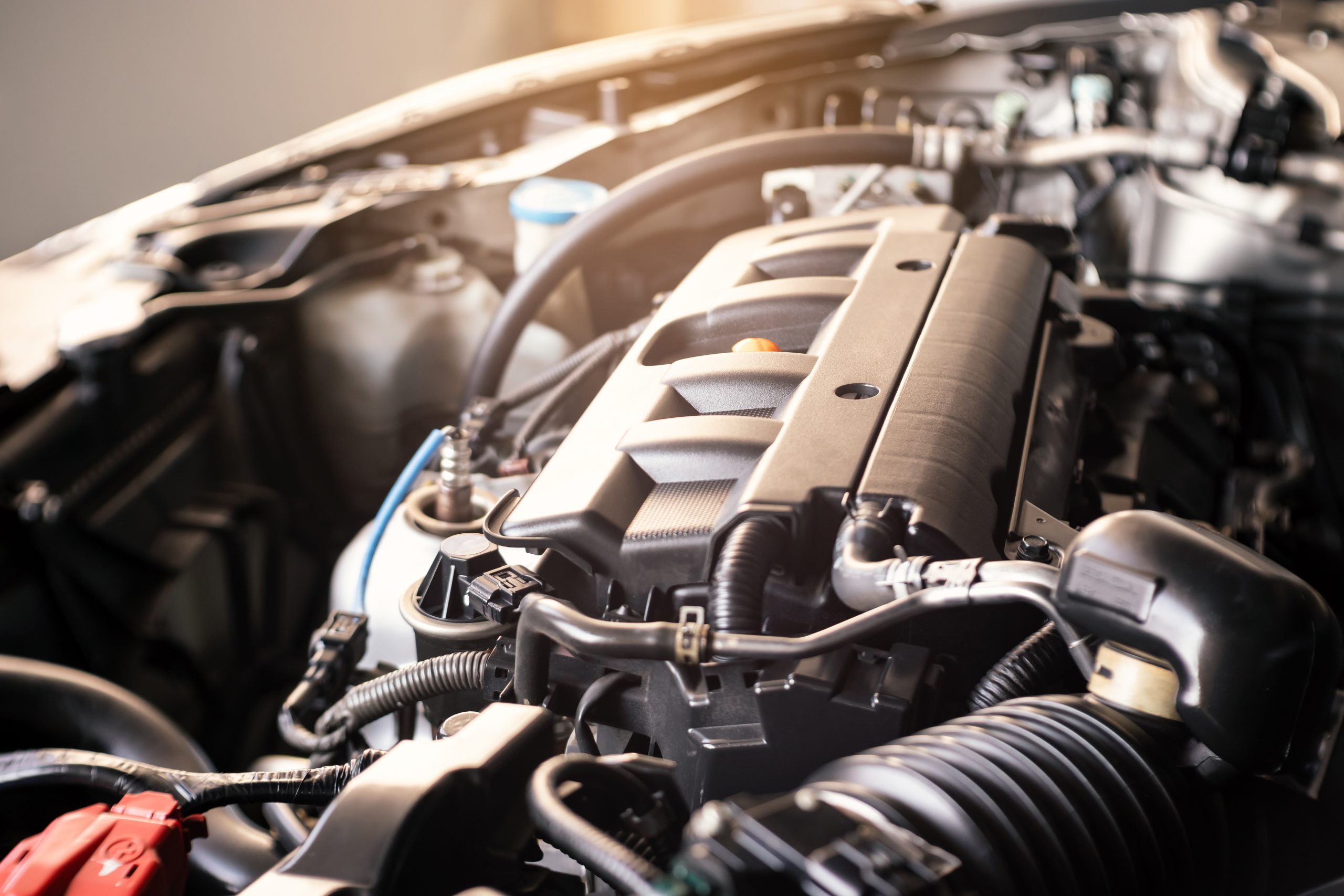Chilean Government Launches Plans to Regulate Hydrogen Industry

The interministerial initiative, supported by the Sustainable Productive Development Programme, aims to put in place ‘clear and robust’ regulations to promote the use and development of hydrogen as a sustainable and clean energy source.
The Minister of Energy, Diego Pardow, was joined by the Ministers of Economic Affairs and Transport, Nicolás Grau and Juan Carlos Muñoz, and the subsecretaries of Mining and Health, Suina Chahuán and Andrea Albagli, on Thursday to present the Hydrogen Regulations Work Plan, which aims to guarantee the safety of both workers and locals while at the same time clarifying the requisites of hydrogen-related projects that must be completed so they can be developed within the country.
In this context, the Minister of Energy, Diego Pardow, highlighted the process in which the plan was constructed, which was submitted to a public consultation and framed within the Green Hydrogen Action Plan.
“Our government in general has the particularity of meeting this challenge of achieving participation. We live in a society where the standards of democracy demand greater and greater participation, and at the same time, quicker compliance. [It demands] a sense of mission, with the ability to respond to windows of opportunity that are there that we need to take as soon as possible. That balance between participation and speed is precisely what a calendar like this is all about,” said Pardow.
As revealed in its public consultation document, the Hydrogen Regulations Work Plan focusses primarily on issues of security, technical revisions, and legalities. The initiative comes as the second stage in Chile’s Green Hydrogen Action Plan and is projected to last from 2024 to 2028, whereupon the plan’s third stage is expected to begin from 2029 onwards.
From 2024 onwards, major plans include: the regulation of storage for dangerous substances; of sanitary working environments; of the transportation of substances via road and water; of both domestic and public hydrogen appliances; of subterranean mining; and of the construction and safety of hydrogen vehicles.
From 2029 onwards, major plans include: revised security recommendations for emergencies involving hydrogen-powered vehicles; of hydrogen-vehicle storage facilities; and revised regulations for the maintenance and repairs of hydrogen appliances and vehicles; of the transportation of combustible hydrogen; and of technical and construction-related standards and methods.
The Minister of Transport, Juan Carlos Muñoz, confirmed that his sector was committed to the initiative, and dedicated to diminishing the use of fossil fuels and minimising emissions going forward.
“If we want to meet our commitment to reach carbon neutrality by 2050, it is imperative that we work together to decarbonise this sector. In this challenge, we see electrification and green hydrogen as fundamental solutions. While electrification will be key in certain transport segments, green hydrogen will play a central role in others, especially in areas with high energy demand, such as the heavy cargo transport industry,” said Muñoz.
For his own part, the Minister of Economic Affairs, Nicolás Grau, highlighted the job of the government to bring forward the hydrogen industry, arguing that: “what we are seeing today are the fruits of the government’s – the state’s and all its ministers’ – Plan of Action, which is making a systematic effort because Chile could one day have effective leadership in green hydrogen material.
It is also even more of an example of the importance of public-private articulation that is essential for an industry – especially one with the scale of the green hydrogen industry – to develop with all its potential, contributing to both the economy and to each of the individual regions of the country.”

